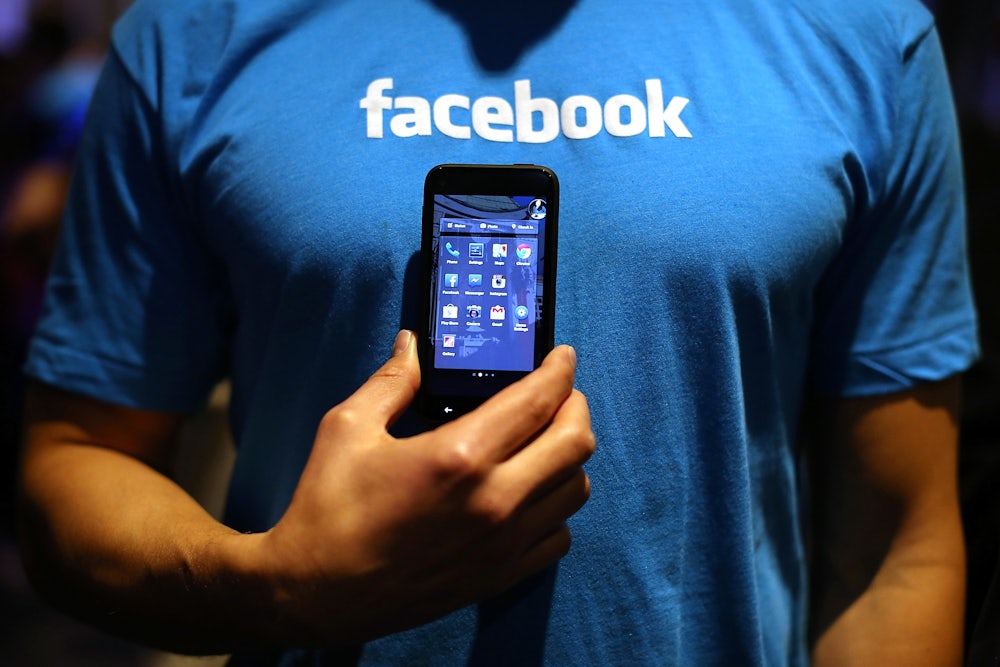We live doubled lives, online and off, and both form the stuff of nostalgia. Offline, it’s polaroid photos and long gone places; online, it’s shuttered sites and old Facebook statuses. Online, however, we leave public traces that live until we decide to remove them. Like gawping at a car wreck, I’ve watched in terror as other people have done it. To erase everything seems like an act of immense courage, like the digital equivalent of moving to a new city, or taking on a new identity. What does it mean to delete yourself? And who do you become when you do?
The Awl’s John Herrman and writer Haley Mlotek, who both deleted all of their tweets, suggested they went through with it in part to break from the past, but also to acknowledge that the past looks different, even indecipherable, from over here in the present. There is also the promise of putting older selves to bed, obscuring the fumbling and experimentation performed in the service of finding oneself. These are all compelling reasons. Yet I also find myself loath to erase any of my social media profiles—as if deleting even the aimless ephemera of my Twitter or Instagram accounts would mean losing a part of myself. Is a personal archive an anchor or a lifeline?
The internet is a canvas for self-creation. Who we construct there—who we are—is a kind of performance, an object of identity made for public consumption. Yet our avatars speak for us when we are not there to control them. Which means that erasing everything is a way of regaining control of how we’re consumed—it’s a way to start with a fresh canvas.
Before social media, it was only artists and the famous who had to carefully manage their public image. The famous had a body of work, a text of self that was a part of them but wasn’t quite them, an amalgam of physical presence and a scattered collection of images, videos, and words. Now, as writer Rex Sorgatz put it in 2008, we’re all microfamous: we’re our own PR reps and managers, made up of a body and pixels.
Yet I wonder if there aren’t some for whom that visible representation doesn’t take on a different or more acute significance—those who otherwise have less chance to see themselves represented in public. For people of marginalized identities of all kinds—racial, ethnic, sexual, etc—representation is key. As author Junot Diaz suggested, to be a minority is often to feel like a vampire, having no reflection to speak of in the mirror of a broader world. To not see yourself can make you feel not just invisible, but somehow aberrant or lesser.
Is it hardly surprising, then, that minorities of all kinds have taken to digital spaces. Not only do they provide a platform to speak, but they also present an opportunity for representation, a chance to see oneself in public. When people who look or talk or think like you are often missing from mainstream media and culture, an online identity is a personal response to a public lack, solidifying in micro what is missing from the macro picture. (It’s true, as happens often with Black Twitter, that such self-representation is often appropriated and its origins obscured.)
Which is why I’m against deleting. Perhaps it is a question of whether a person can find affirmation elsewhere—whether that’s in their social life, in public life, or in the media. But maybe it’s simpler than that. Maybe it’s just about reminding yourself that your subjective experience is real and worth trusting; for people of color living in a white world, even that is a gift.
What we put online is both a performance of our identities and a part of them. In creating the virtual self as a kind of object, we have expanded our subjectivity, forming new, cyborg selves. Perhaps the internet has democratized the process of becoming a self. And for some—for those who aren’t often affirmed by the world—erasing one’s digital past might veer too close to erasing themselves. After all, when you are marginalized, it is often only in the act of self-creation that you can see yourself.
